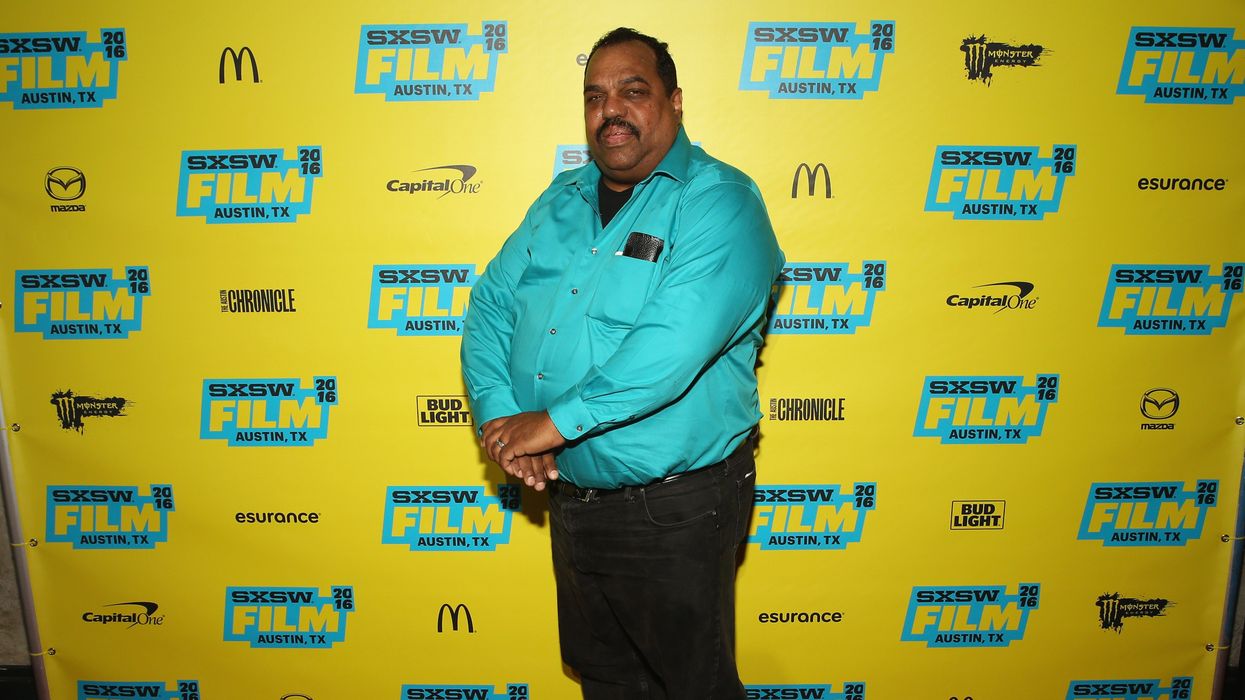Acclaimed musician and recording artist Daryl Davis has interviewed hundreds of Ku Klux Klan members and other white supremacists – and influenced many of them to renounce their racist ideology.
In the latest episode of “Let’s Find Common Ground,” we hear his brave and remarkable story. Davis’s personal quest began many years ago, after a concert when he was in a country music band.
After one of his rock and R&B performances, a man told Davis it was the first time he’d seen a Black man play piano like Jerry Lee Lewis. Davis explained the Black origin of Lewis’s style, and the man became a fan. Turns out, he was a member of the Ku Klux Klan. This led to Daryl becoming the first Black author to interview KKK leaders and members, detailed in his book, “Klan-Destine Relationships.” Today, Davis owns numerous Klan robes and hoods, given to him by active members who renounced their racist ideology after meeting him.
His documentary film, "Accidental Courtesy", features his process of conversation and understanding to bridge differences and promote racial reconciliation.
Davis earned a degree in jazz and tours nationally and internationally with The Daryl Davis Band. He has worked with Chuck Berry, Elvis Presley’s Jordanaires, The Legendary Blues Band, and many others. As a race reconciliator and lecturer, Davis has received numerous awards and is often sought by CNN, MSNBC, NPR, and other media outlets as a consultant on race relations and white supremacy.
Daryl is also an actor with stage and screen credits. He appeared in the critically acclaimed HBO police drama “The Wire.”




















